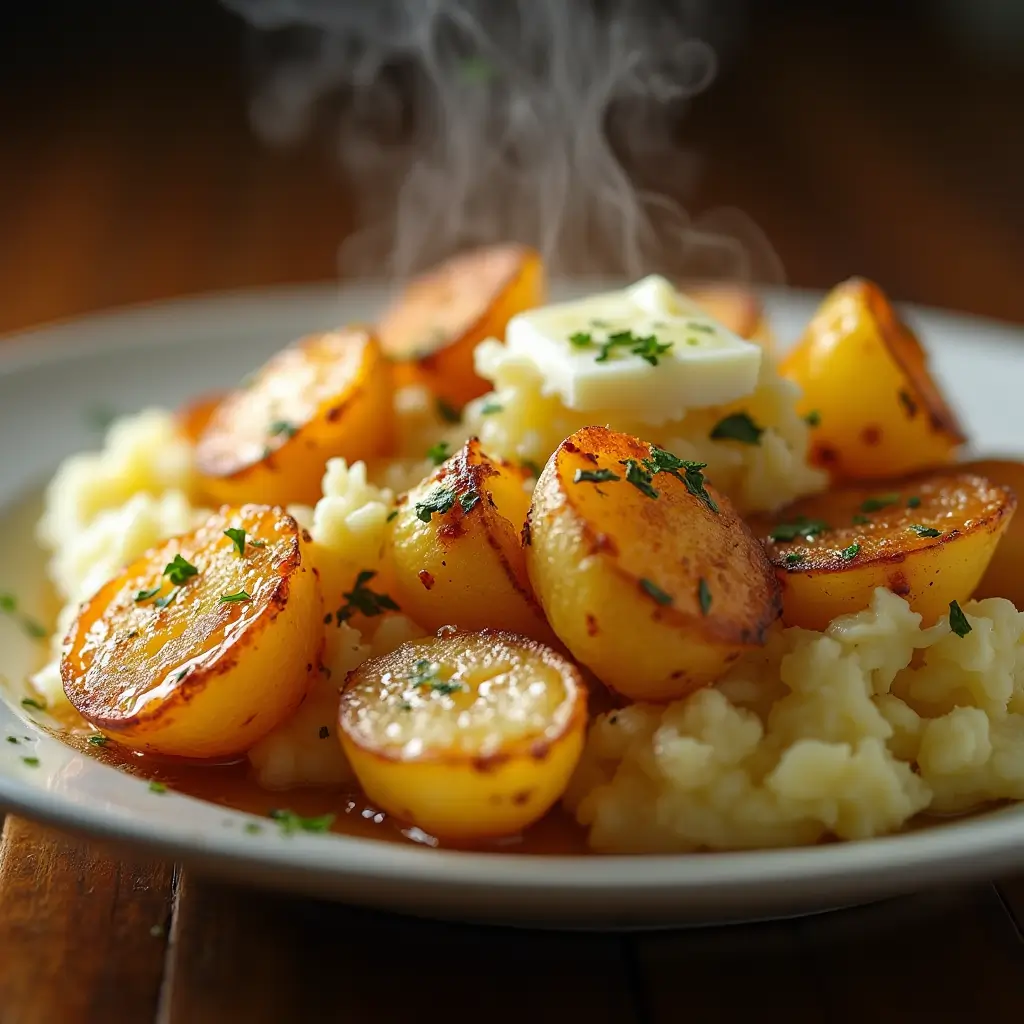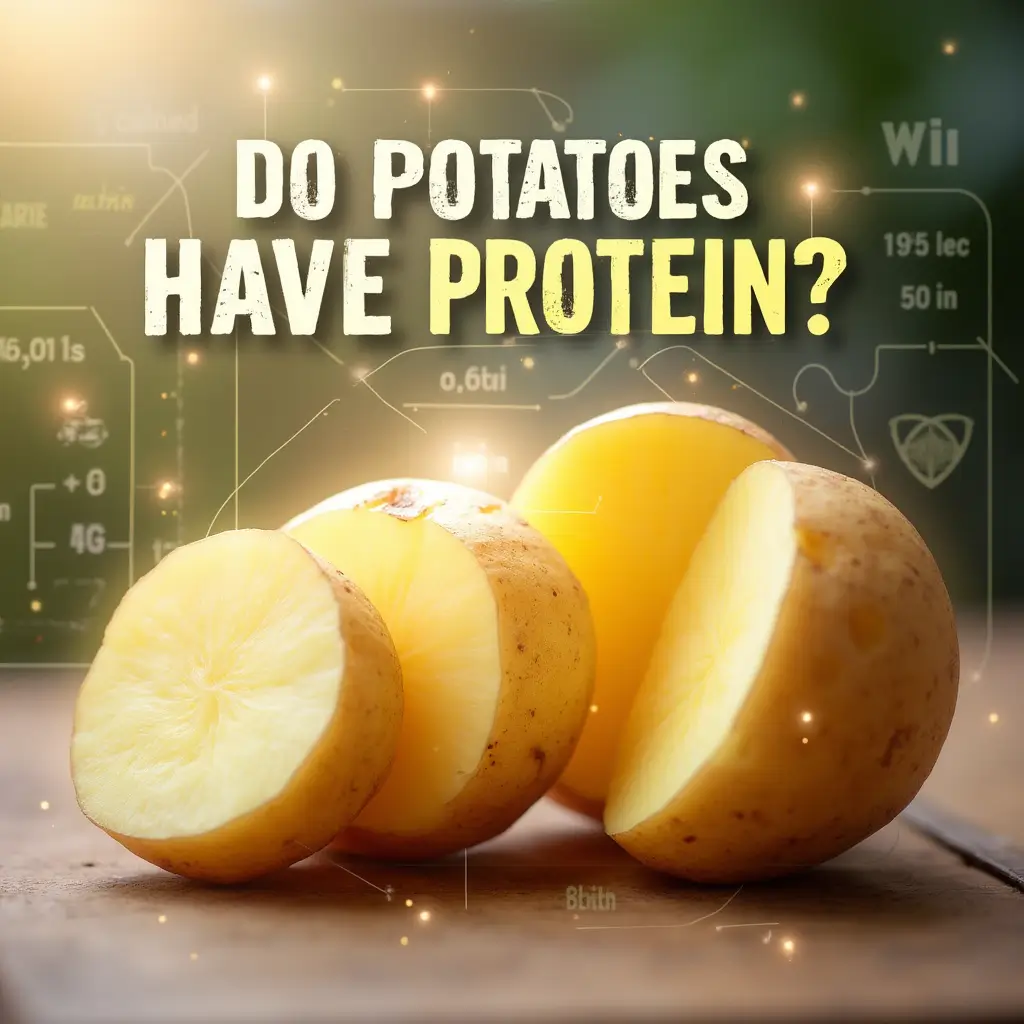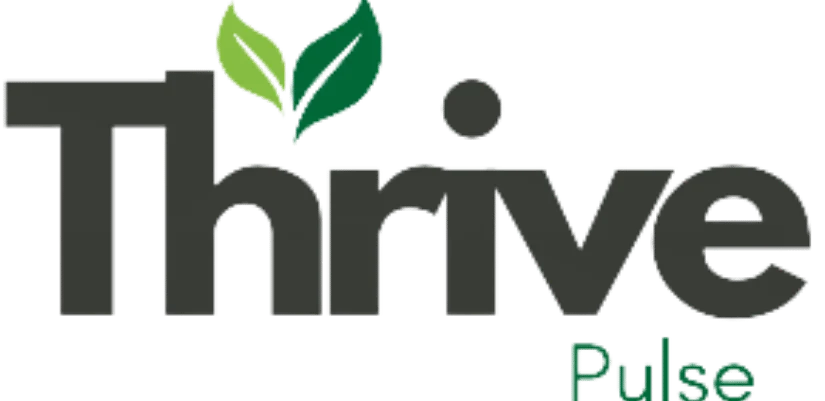Do Potatoes Have Protein? Breaking Down 5 Essential Facts!
Potatoes, one of the most beloved comfort foods, can be found in kitchens across the world. From mashed potatoes to crispy fries, they are versatile, satisfying, and easy to prepare. But have you ever wondered: Do potatoes have protein? You may be surprised by the answer, and understanding the nutritional profile of this humble vegetable might change how you view your favorite dish. In this article, we’ll delve into the protein content of potatoes, how they fit into your diet, and whether they can help you reach your daily protein goals.
Table of Contents
Understanding Protein and Its Importance in Your Diet
Before we dive into the specifics of potatoes and their protein content, let’s first take a closer look at protein itself. Protein is one of the three essential macronutrients your body needs to function properly (along with carbohydrates and fats). It plays a vital role in building and repairing tissues, supporting immune function, and producing enzymes and hormones.
Why Is Protein Important?
- Muscle Repair and Growth: Protein is crucial for muscle recovery and growth. Whether you’re an athlete or someone who enjoys an occasional workout, protein helps repair the small tears in your muscles caused by exercise.
- Immune Support: Proteins are the building blocks of antibodies, which help your immune system fight off infections.
- Energy Source: While carbs and fats are your body’s main energy sources, protein can also be used as an energy source when necessary.
Your day by day protein needs depend on a few components, counting age, action level, and by and large wellbeing. On average, adults need about 0.8 grams of protein per kilogram of body weight. If you’re very active or trying to build muscle, you may need more.
Nutritional Breakdown of Potatoes
You might be familiar with potatoes as a source of carbohydrates, but they also contain a significant amount of other nutrients. Let’s take a closer look at what goes into a potato, particularly focusing on its protein content.
Potatoes, especially varieties like russets, red, and sweet potatoes, contain various macronutrients that contribute to your daily intake of calories, fiber, and vitamins. While they are not considered a high-protein food compared to meat or beans, they do offer a modest amount of protein. A medium-sized potato can contain anywhere from 2 to 3 grams of protein, depending on the type.


Macronutrient Breakdown (per 100g)
| Type of Potato | Protein Content | Calories | Carbohydrates | Fat |
|---|---|---|---|---|
| Russet Potato | 2.0g | 77 | 17.6g | 0.1g |
| Sweet Potato | 1.6g | 86 | 20g | 0.1g |
| Red Potato | 2.0g | 70 | 15.7g | 0.1g |
As you can see, the protein content of a potato is relatively low compared to other foods like chicken, beans, or eggs. However, when consumed as part of a balanced diet, potatoes can still contribute to your overall protein intake.
How Much Protein Does a Potato Actually Provide?
You may be asking, How much protein can I actually get from eating potatoes? Let’s break down the protein content in a typical serving of potatoes.
- 1 medium russet potato (about 150g) contains around 2.5g of protein.
- 1 medium sweet potato provides about 1.6g of protein.
While this isn’t a substantial amount, it does offer a small protein boost. However, potatoes cannot be relied upon as a primary protein source.
Comparing Potatoes to Other Protein Sources
For comparison, consider the following protein content in other foods:
- 1 egg: 6g of protein
- 1 ounce of chicken breast: 7g of protein
- 1 cup of cooked lentils: 18g of protein
As you can see, potatoes offer far less protein than other animal or plant-based protein sources. While they do contain some protein, they shouldn’t be counted on as a primary protein provider. Instead, think of them as a supplement to your meals, offering additional nutrients like vitamins, minerals, and fiber.
Can Potatoes Be Part of a High-Protein Diet?
You might be following a high-protein diet to build muscle, lose weight, or simply maintain your health. So, can potatoes be a part of such a diet? The brief reply is yes, but with a few qualifications.
Potatoes can absolutely be part of a balanced, protein-rich diet if you pair them with other protein-dense foods. For example, you can add a serving of chicken, eggs, or tofu to your potato-based dishes to increase the overall protein content of the meal.
Ideas for Protein-Packed Potato Meals
- Loaded Baked Potatoes: Top a baked russet potato with Greek yogurt, cheese, and chives. You’ll boost the protein content and add extra flavor.
- Sweet Potato & Bean Salad: Combine roasted sweet potatoes with black beans, avocado, and lime juice for a nutrient-packed, protein-rich salad.
- Potato & Egg Scramble: For a hearty breakfast, scramble eggs with diced potatoes and vegetables. This combination provides both protein and fiber.
The Health Benefits of Eating Potatoes (Beyond Protein)
While potatoes may not be a high-protein food, they offer a wealth of other health benefits that make them a valuable part of your diet.
- Rich in Vitamins and Minerals: Potatoes are a good source of vitamin C, vitamin B6, and potassium. These nutrients are essential for overall health, including supporting your immune system, reducing inflammation, and maintaining healthy muscle and nerve function.
- High in Fiber: Particularly in their skins, potatoes are high in fiber, which is important for digestive health and maintaining a healthy weight.
- Low in Fat: Potatoes are naturally low in fat, making them a heart-healthy option when prepared correctly (i.e., baked or boiled rather than fried).
Antioxidant Properties
Sweet potatoes, in particular, are loaded with antioxidants like beta-carotene, which help fight oxidative stress and may reduce the risk of chronic diseases such as heart disease and cancer. Incorporating a variety of potatoes into your diet, especially colorful varieties like purple potatoes, can add a range of health benefits.
Are Potatoes a Good Source of Plant-Based Protein?
If you follow a plant-based or vegan diet, you may be wondering if potatoes can meet your protein needs. While potatoes do contain protein, they aren’t considered a “complete” protein source. This means that potatoes lack one or more of the nine essential amino acids that your body cannot produce on its own.
To ensure you get a complete protein profile on a plant-based diet, it’s important to combine potatoes with other plant-based protein sources. For instance, combining potatoes with legumes (such as beans or lentils), nuts, or seeds can provide the full spectrum of essential amino acids.
Recipes to Maximize Protein Intake with Potatoes
To help you make the most of your potato meals, here are some easy-to-make recipes that pair potatoes with protein-rich ingredients:
1. Loaded Baked Potatoes
| Ingredients | Protein Content (per serving) |
|---|---|
| 1 medium russet potato | 2.5g |
| 1/4 cup Greek yogurt | 5g |
| 1 tbsp shredded cheese | 2g |
| Chives, to taste | 0g |
Top your baked russet potato with Greek yogurt, cheese, and chives for a simple, protein-packed meal.
2. Sweet Potato & Black Bean Salad
| Ingredients | Protein Content (per serving) |
|---|---|
| 1 medium sweet potato | 1.6g |
| 1/2 cup black beans | 7g |
| 1 tbsp avocado | 1g |
| Lime and cilantro, to taste | 0g |
This flavorful salad combines roasted sweet potatoes with protein-rich black beans for a healthy, satisfying meal.
3. Potato & Egg Scramble
| Ingredients | Protein Content (per serving) |
|---|---|
| 1 medium russet potato (diced) | 2.5g |
| 2 large eggs | 12g |
| Mixed vegetables (optional) | 2g |
This high-protein breakfast scramble features eggs and potatoes, making it a hearty, nutrient-dense start to your day.
Frequently Asked Questions (FAQ)
Do potatoes have enough protein to be considered a protein source?
While potatoes contain protein, they are not considered a primary protein source. Their protein content is modest, so it’s best to pair them with other protein-rich foods for a well-rounded meal.
Can potatoes help with muscle building?
Potatoes can support muscle recovery and growth when combined with other protein sources, but they shouldn’t be relied on as the primary source of protein.
Are potatoes good for a vegan diet?
Potatoes can be a great addition to a vegan diet, especially when paired with other plant-based protein sources like beans, lentils, and tofu.
Conclusion – Are Potatoes a Good Source of Protein?
In conclusion, while potatoes do contain some protein, they are not a major protein source. However, they are packed with other nutrients like fiber, vitamins, and antioxidants, making them a valuable part of a balanced diet. If you’re looking to boost your protein intake, combine potatoes with other protein-rich foods like beans, eggs, or Greek yogurt. Enjoy potatoes as a part of a healthy, diverse diet and get creative with your meals.
If you’re ready to start incorporating potatoes into your high-protein meals, try some of the recipes mentioned above and share your favorites with others!

